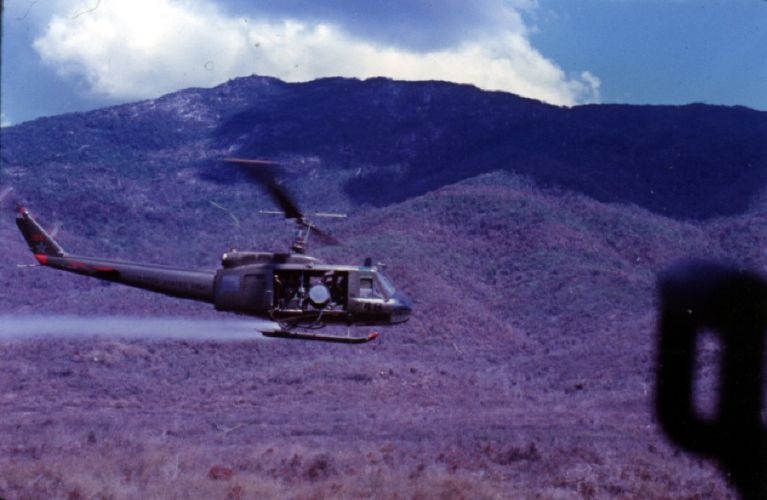There are hundreds of thousands of Vietnam veterans who believe it to be fair that they receive some sort of workers compensation because of the exposure from Agent Orange. Unfortunately, the Department of Veterans Affairs seem to think otherwise; they have created hurdles to hold up the process.
During the Vietnam War, the UK and the US sprayed over 20-million gallons of Agent Orange, an herbicide, over eastern Laos, Cambodia and a communist Vietnam. They intended to remove the forest that sheltered the Vietcong guerrillas and to make it impossible to grow food across the country side. The policy resulted in a widespread famine, death, and long-term health problems for Asians in the Southeast.
2,4,5-Trichlorophenoxyacetic acid is the active chemical in Agent Orange and 2,3,7,8-tetrachlorodibenzodioxin is a severely toxic dioxin derivative. These two chemicals resulted in soil and water contaminations that were hundreds of times worse than the US Environmental Protection Agency’s standards. This lead to 400,000 people being maimed or killed and an additional 500,000 children being born with birth defects.
3 million Americans served in the military during the Vietnam War—a large portion of those men came into contact with the herbicide. The veterans who returned from the war began to report psychological symptoms, birth defects in their children, rashes developing on their skin, cancers, and a whole lot more health-related problems.
Eventually, the federal government recognized the Agent Orange exposure was a compensable war injury that entitled the affected veterans to health care and fiscal compensations. A class-action lawsuit against the manufacturers of Agent Orange—Monsanto and Dow Chemical—resulted in a $200 million Agent Orange Settlement Fund.
Despite the settlement, in 2002, the Department of Veteran Affairs changed the rules about the presumption of Agent Orange exposure. The Agent Orange Act from 1991 created a “presumption of service connection” for illnesses related to Agent Orange. This meant that any veteran who actively served in the military, navy, or air force in the Republic of Vietnam during the Vietnam era who would develop specific diseases may qualify for disability and VA health care.
The “presumptive diseases” that the VA automatically assumed were caused by the exposure to Agent Orange for Vietnam-serving veterans including 14 diseases—prostate cancer and Type 2 diabetes included.
In 2002, sailors who served aboard naval ships in the waters owned by Vietnam—the men were dubbed the “Blue Water Navy veterans”—were denied automatic assumption, due to the fact that their service areas were not in the areas sprayed with Agent Orange. The VA ruled that only Blue Water Navy veterans that went ashore or traveled inland waterways can prove it—may claim an Agent Orange-related illness.
“[The] fact remains that Agent Orange was sprayed over land and not over open coastal waters and that duty or visitation within the country of Vietnam, or on its inland waterways, is required by VA regulations to receive the presumption of exposure,” said Meagan Lutz, a spokeswoman for the VA.
100,000 surviving Blue Water Navy veterans, however, this denial of presumption is a slap in the face for them from the VA. On August 2nd, 2013, the Blue Water Navy Vietnam Veterans Association and Military Veterans Advocacy, Inc. jointly filed suit in the United States District Court for the District of Columbia against Eric K. Shineski in his capacity as Secretary of the Department of Veterans Affairs for the immediate restoration the Agent Orange presumptions of exposure.
Additionally HR 543, the Blue Water Navy Vietnam Veterans Act of 2013 was introduced in the house to restore the Agent Orange presumption. Advocates for the restoration of the presumptions argue that the naval ships used distilled water that was filtered from runoff water from the coast, and some of the food sailors ate was grown in Vietnam.
“I’m not greedy,” said Greg Fuller, a Blue Water Navy veteran that was denied presumption when he was diagnosed with prostate cancer in 2005, told the Mint Press News, “It wouldn’t bother me if I never got it … but I might deserve it. If it’s true that we drank water that was processed that had Agent Orange in it, it’s only fair that (we) get it.”
